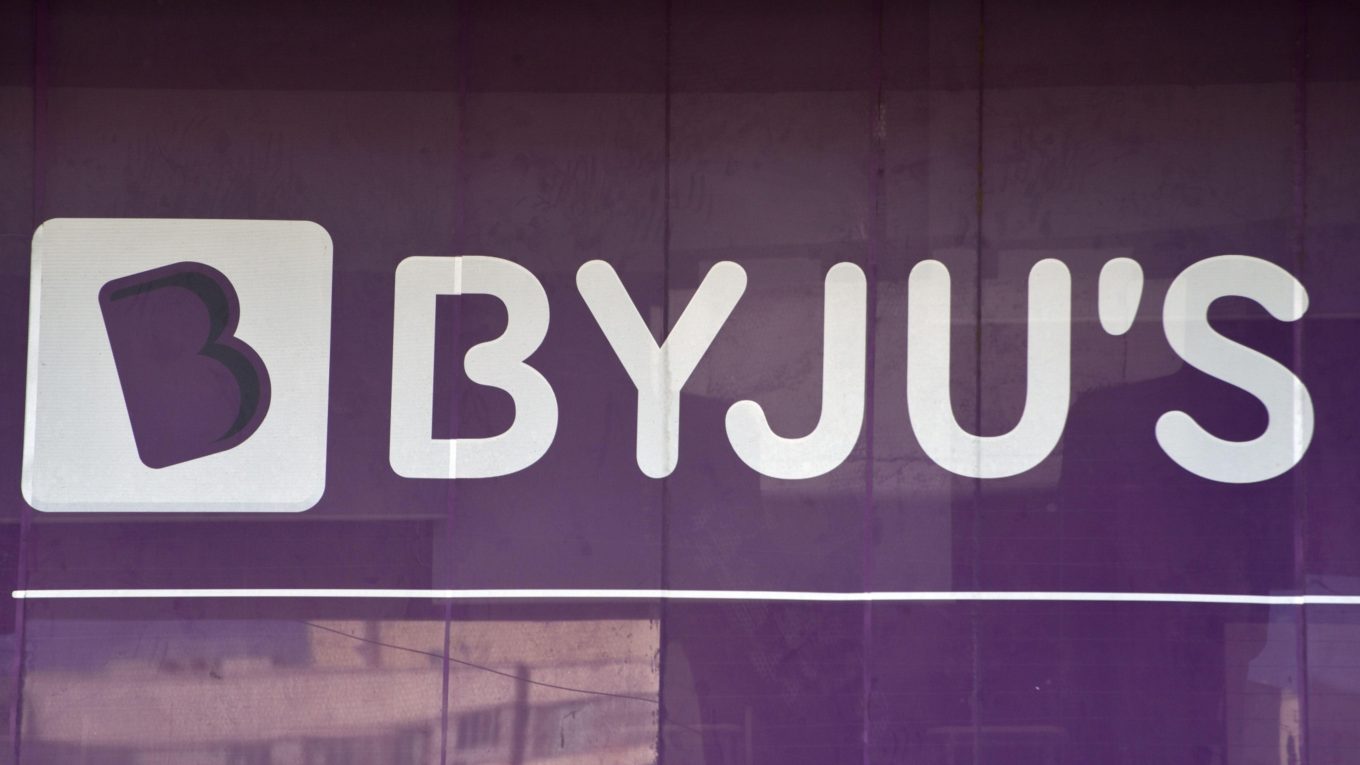Lenders allege Byju’s hid $533 million in obscure 3-year-old hedge fund
Lenders to Byju’s have alleged that the education technology company hid $533 million (about Rs 4,400 crore) in an obscure three-year-old hedge fund to avoid it being seized to make up for a loan default. Byju’s has denied the charge.
Byju’s US-based subsidiary Alpha Inc transferred in 2022 more than half a billion dollars to Camshaft Capital Fund, a hedge fund that once said its principal place of business was an IHOP pancake restaurant in Miami in the US, Bloomberg reported, citing a lawsuit in a US court.
People close to Byju’s, however, said the company had “safely kept” about $540 million with an offshore subsidiary of its parent company Think and Learn to protect itself from the “predatory tactics of the lenders”. Byju’s, they said, didn’t hide the money at Camshaft Capital Fund, as alleged by the lenders in their lawsuit.
“Camshaft is only an advisor,” said one of the persons cited above. “Byju’s has shown the money to a couple of investors and they are convinced that the ultimate beneficiary of that offshore account which holds these funds is a subsidiary of Byju’s parent firm.”
Byju’s is already having negotiations with the lenders to repay the $1.2 billion Term Loan B (TLB), but the lawsuit against Camshaft has been filed to put pressure on the edtech firm to repay the loan in a couple of days instead of a few months. “It is a pressure tactic as the lenders and Byju’s are already negotiating with each other,” said the person.
According to the Bloomberg report, the lenders have said Camshaft, founded by William C Morton at 23, received the money despite his apparent lack of formal training in investing. Luxury cars — a 2023 Ferrari Roma, a 2020 Lamborghini Huracán EVO, and a 2014 Rolls-Royce Wraith — have been registered in Morton’s name since the transfer occurred, the report said quoting the court papers. Byju’s has gone to great lengths to conceal the whereabouts of $533 million for the admitted purpose of hindering and delaying, the papers said.
In response, Byju’s stated that an offshore subsidiary is the beneficiary of the funds, which have been invested in secure, fixed-income instruments with a multi-hundred billion dollar fund in the US. The company denied media allegations that questioned its ownership of the funds. “Byju’s would like to emphasise that its credit agreement with the lenders does not prohibit or restrict the usage, movement or investment of funds disbursed thereunder,” said a Byju’s spokesperson.
Accordingly, as a commercially prudent borrower and like any other large corporate treasury, in compliance with the credit agreement, Byju’s said it had safeguarded the referenced funds with the global fund. Furthermore, contrary to the false allegations, there was no requirement to maintain cash as collateral for the lenders under the credit agreement, it said.
In June, a Delaware court rejected the lenders’ request for information concerning the funds held by Byju’s Alpha, the entity responsible for borrowing under the TLB. Byju’s maintained that it was not a party to the lawsuit and had not been served any legal documents.
“The efforts of Byju’s have been in good faith to continue engaging in negotiations to settle the dispute, and it remains committed to an amicable outcome,” said the Byju’s spokesperson.
To meet its financial commitments, including the repayment of the entire $1.2 billion TLB, Byju’s plans to divest two key assets — Epic and Great Learning — to generate between $800 million and $1 billion in cash. The company aims to repay $300 million of the TLB in the next three months, subject to the lenders accepting its proposal.
In terms of financial performance, Byju’s reported a loss of Rs 4,588 crore in FY21, a significant increase from the previous year, on a revenue of Rs 2,428 crore. However, it recently raised $250 million from the Qatar Investment Authority at a valuation of $22 billion.
The saga with its lenders escalated in March 2023, when Byju’s offered to increase the interest rate on its TLB. In April, the lenders demanded a $200 million prepayment. The new development comes after the resignation of the company’s auditor, Deloitte Haskins & Sells, and top investors over delayed financial filings.
